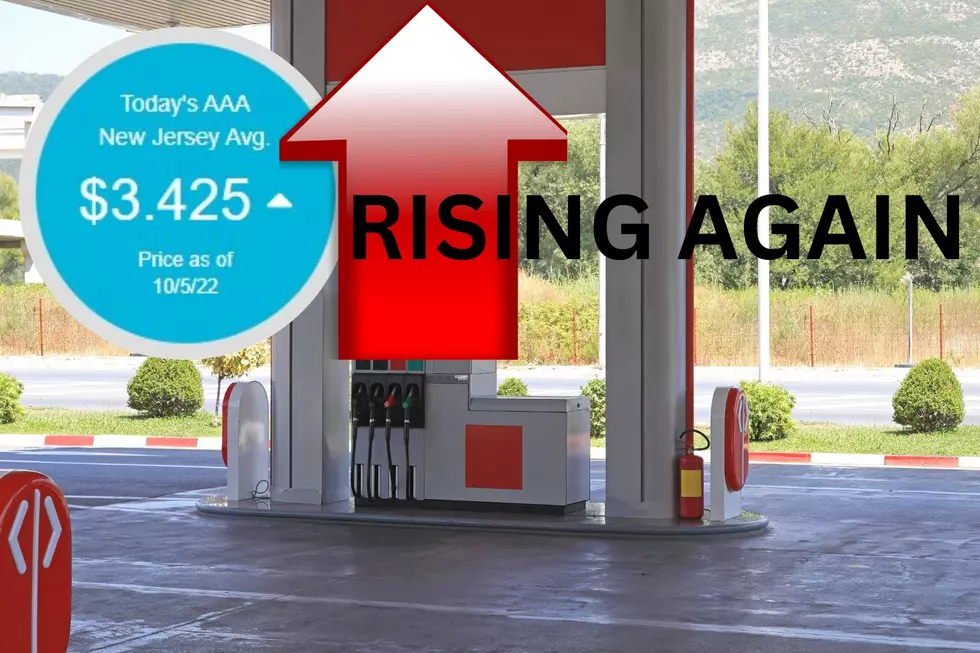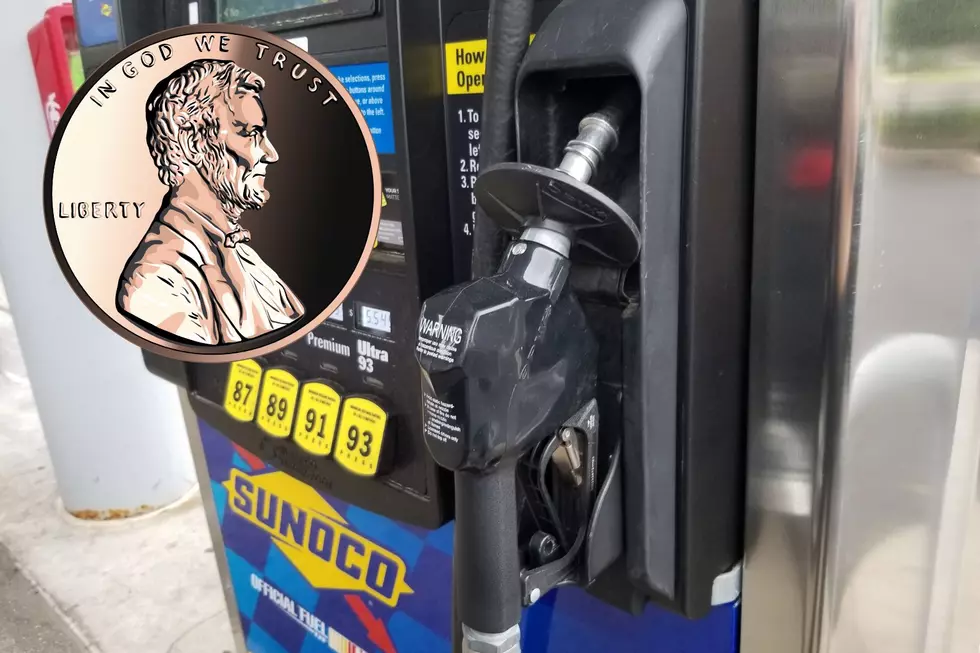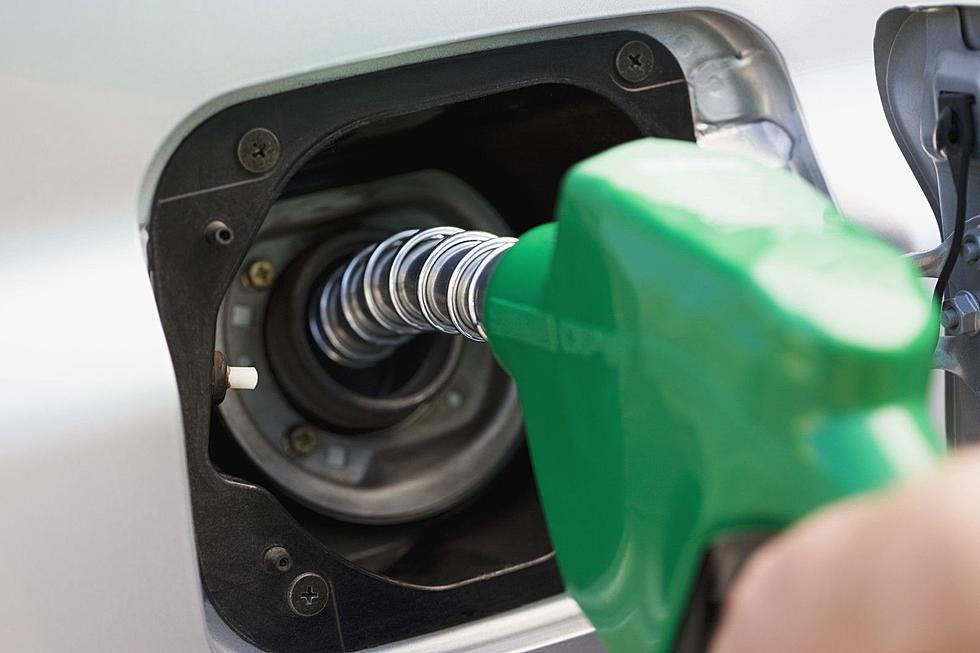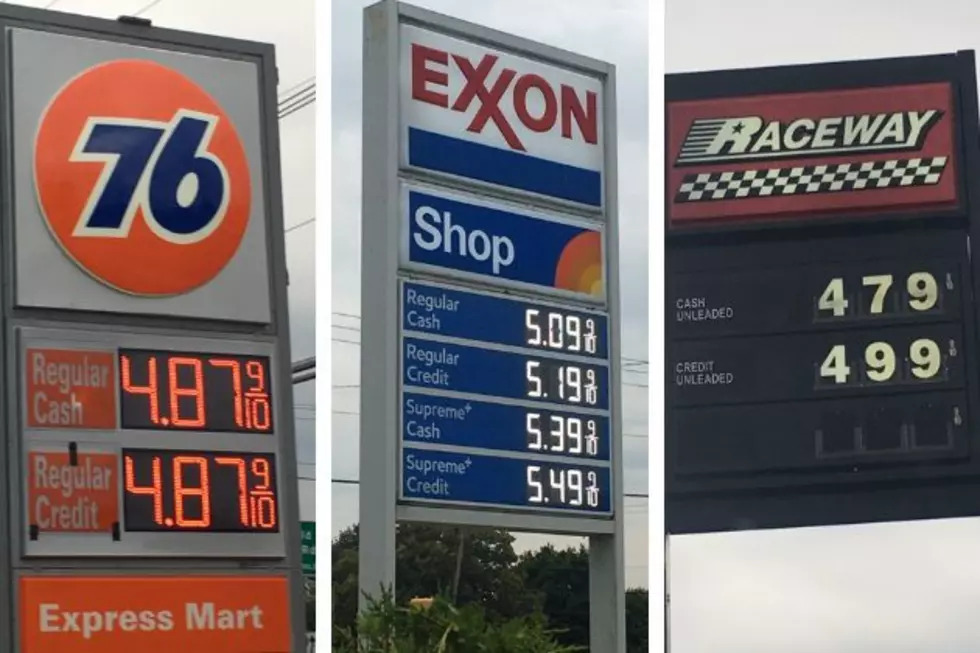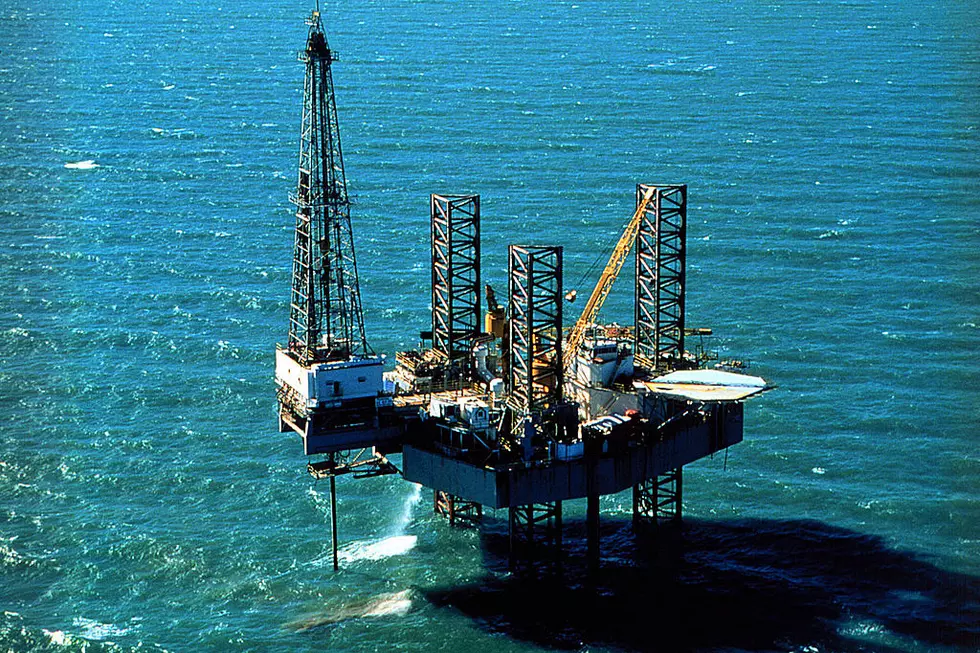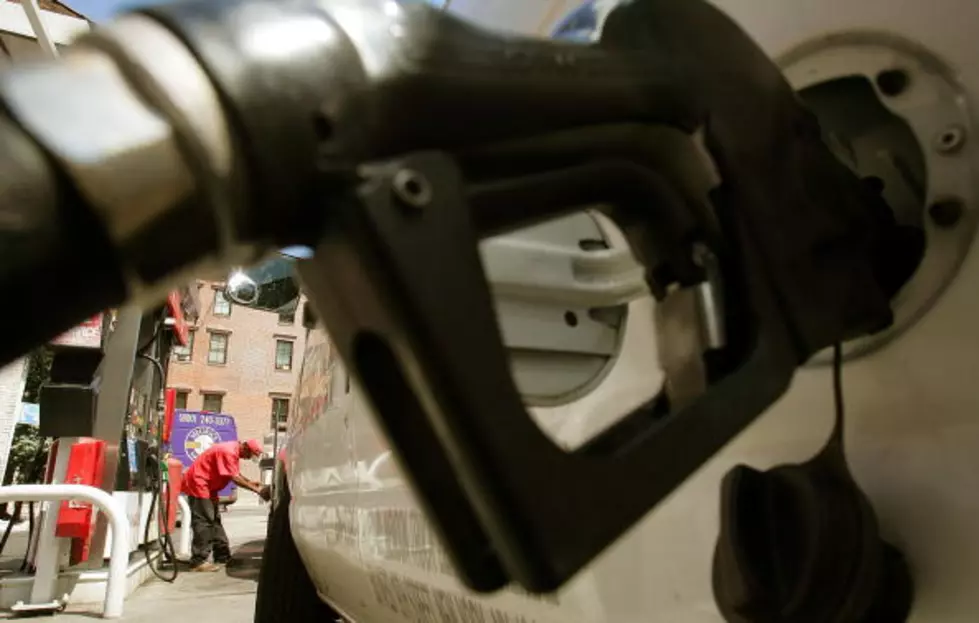
How to use less gas — these tips could save you trips to the pump
With unleaded gasoline in New Jersey costing about $1.40 more per gallon compared to a year ago, you're likely looking to make as few trips to the pump as possible.
By changing a few driving habits and keeping your car in good shape, you could significantly reduce the amount of fuel your vehicle actually uses, resulting in fewer dollars and cents being wasted on a daily basis.
Slow down
In most vehicles, fuel economy peaks at about 50 mph. Then it drops off as speeds increase.
"Reducing your highway speed by 5 to 10 mph can increase your fuel economy by as much as 14%," says Tracy Noble, spokesperson for AAA Mid-Atlantic. "Reducing your speed and just leveling out your driving can go a long way."
You're not advised to drive below the speed limit — many major highways in the Garden State have speed limits of 65 mph — but you use less gas by staying around the limit.
On long trips, you can use cruise control to ensure a specific speed.
Calm down
"Aggressive driving habits such as gunning the engine, speeding, screeching around corners and jamming on the gas pedal are major fuel wasters," State Farm says.
When you're approaching a light or a stop sign, take your foot off the pedal for a moment and let your vehicle downshift, before you hit the brake.
Motorists are advised to drive as "consistently" as they can, Noble says.
"Slow and steady really will help with these elevated prices," she says.
Don't just sit there
Idling uses more gasoline than restarting your engine. According to Noble, a car engine consumes one quarter to one half of a gallon of fuel per hour when it's idling.
So, taking that morning meeting in the car, or warming the car up for 15 minutes, is actually costing you.
"If you need to wait in your parked vehicle for more than a minute or two, switch off the engine and only start up again when you're ready to continue driving," State Farm says. "In extreme weather, it's nice getting into a comfortable car, but be conscious of how long the vehicle is idling so fuel isn't wasted."
You'd also benefit from shutting off your car in standstill traffic, when you know you won't be moving for a while. Newer cars are equipped with a start/stop feature that temporarily stops the engine when a car is stationary.
Stay on top of repairs
This tip may seem counterproductive to some readers, since you'll be putting out money to save money. But even a move as simple as keeping your tires inflated properly, which can be done for free in some spots, can get you more mileage. Under-inflated tires are also dangerous.
Routine maintenance such as oil changes and switching out air filters will help your vehicle run more efficiently.
Check out this page from State Farm for a list of preventative maintenance measures that should be performed.
Other advice
Don't haul heavy items for no reason — take cases of bottled water out of the car, for example, or the kids' sporting equipment. Extra weight creates drag and requires the vehicle to use more gas.
Drag can also be reduced by keeping the windows and sunroof closed when you're driving at higher speeds.
And, obviously, the less you drive, the less gas you use. So, if you have a number of errands to run, plot out your journey ahead of time so that you're not backtracking.
"Right now, if people can take advantage of working remotely to eliminate that five-day commute, that would be great," Noble adds. "And if there are carpool opportunities, take advantage of those as well."
Dino Flammia is a reporter for New Jersey 101.5. You can reach him at dino.flammia@townsquaremedia.com
Click here to contact an editor about feedback or a correction for this story.
UP NEXT: See how much gasoline cost the year you started driving
Questions to ask to see if someone’s REALLY from New Jersey
More From 94.5 PST

